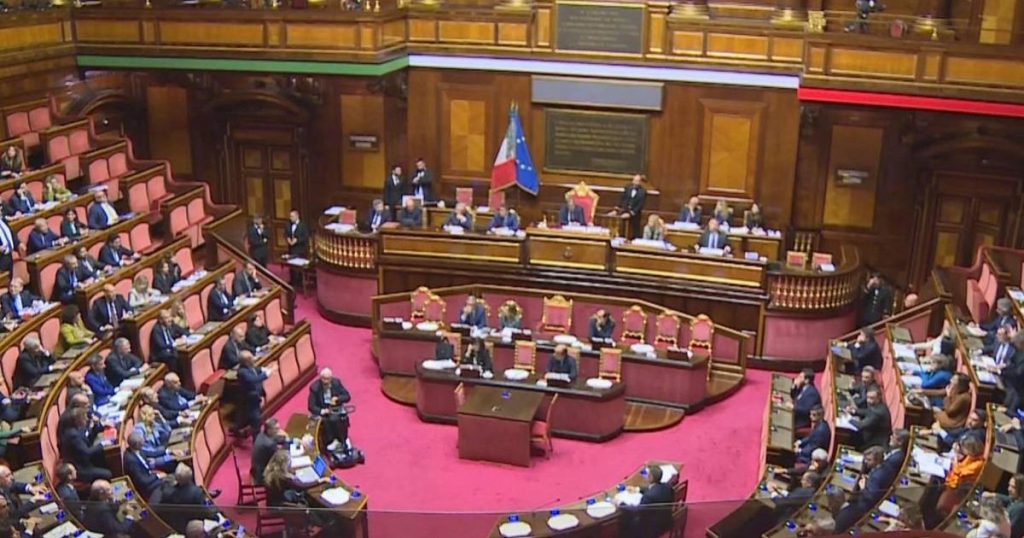The Italian government has decided to put its confidence in the Superbonus decree to expedite its approval ahead of its May 28th deadline. The opposition, particularly Forza Italia, has criticized this move, expressing mistrust in the party’s voting behavior. Tensions have resurfaced between Forza Italia and the governing majority, with the historic unity of Italy Viva and the majority coalition fractures due to differing opinions on the Superbonus decree. The decision to impose retroactivity to the norm has also been met with criticism from various sectors, including the Italian Banking Association (Abi).
Despite reassurances from the rapporteur Giorgio Salvitti that there was no intention to impose a vote of confidence, the government ultimately announced that a confidence vote would take place. Opposition parties have characterized this move as a lack of trust within the ruling majority, highlighting concerns about Forza Italia’s reliability. The need to accelerate the process has been contested by the center-left opposition, claiming that only minimal amendments were planned for the decree, emphasizing that the rush is unwarranted. More Europe has joined the discourse, criticizing the retroactive nature of the norm, arguing that it penalizes those who trusted the state.
The confidence vote is framed as a procedural necessity rather than a political statement by government officials, emphasizing the need to meet the May 28th deadline and transition the decree to the Chamber of Deputies for approval. The issue of effectively bypassing the Chamber through what is perceived as a “unicameralism in practice” has been raised, presenting a challenge to the legislative process. The opposition has intensified its scrutiny of the government and its reliance on Italy Viva to secure controversial provisions of the decree, further highlighting the fragility of the ruling coalition.
Italy Viva has affirmed its commitment to vote against the government, despite some resentments within the party over specific policy decisions. The center-right is attempting to downplay internal disagreements, with the president of the Finance Committee suggesting that the absence of a Forza Italia representative during crucial moments is inconsequential. The discussions surrounding the Superbonus decree have underscored the complexities of coalition politics in Italy, where tensions between parties can disrupt legislative processes and illustrate the challenges of governing amidst divergent interests.
The project to pass the Superbonus decree underlines broader issues within the Italian political landscape, including a lack of unity within the ruling coalition and heightened scrutiny from the opposition. The decision to impose a vote of confidence has further strained relationships between government parties, particularly as the deadline for the decree approaches. Regardless of the outcome of the confidence vote and subsequent legislative processes, the debates and controversies surrounding the Superbonus decree reflect the intricacies of Italian politics and the delicate balance required to govern in a fragmented political environment.


